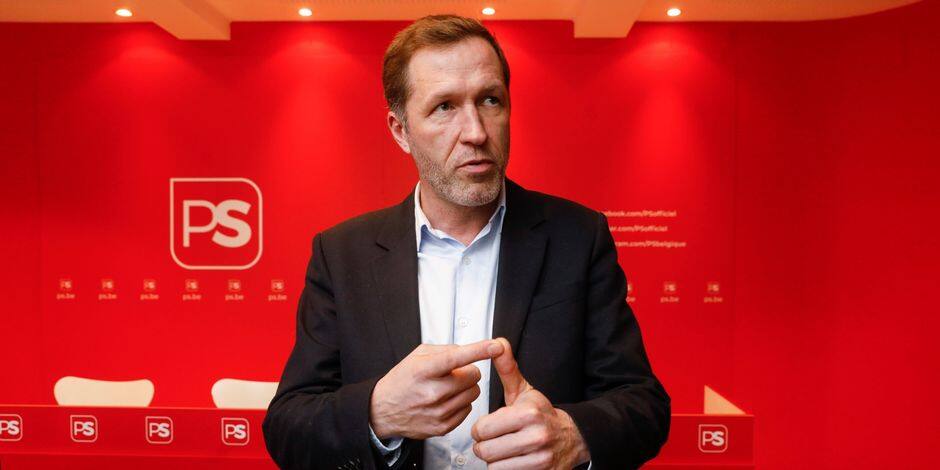Belgium is influenced by its large neighbour to the south socially, culturally and politically. The results from the first round of the French election are therefore revealing of some trends in Belgian politics.
Incumbent French President Emmanuel Macron secured 27.8% of the vote, while far-right candidate Marine Le Pen got 23.1% of the vote; the two will go head to head in the second round of voting on 24 April.
A divided left does much to explain the rise of the right. The vote was split between veteran leftist Jean-Luc Mélenchon (22%) who almost made it into the second round, while Greens candidate Yannick Jadot took 4.6% of the vote and the PS candidate, Anne Hidalgo, received just 1.8%. If the left had put aside their differences and coalesced behind one candidate, that challenger would likely now be facing Macron in the second round.
In Belgium, the polarisation of the electorate can also be observed. Recent polls suggest that support for the left is high in all regions.
Divided left
Belgium's Green parties pose a threat to the traditional centre-left Socialist Party (PS). In Brussels, the Ecolo is the largest party in polls. PS chairperson Paul Magnette sees this as a bad sign based on the French elections.
“Many socialist and green voters voted for Mélenchon because he came out in the polls as the man of the 'vote utile' (tactical vote). But that led to nothing," he told De Morgen.
On the centre-right Mouvement Réformateur (MR) leader Georges-Louis Bouchez believes the results show that voters want a politician who is working on a social project.
“More and more, the traditional parties are no longer able to understand what the middle class thinks," Bouchez said in De Morgen.
"You see that decline in many countries, not just France. Look at our own country: we are launching a campaign that encourages citizens to consume less gas, but we are building two new gas-fired power stations to compensate for the nuclear phase-out. People don't get that."
Related News
- French voters in Belgium mostly voted for Macron
- Belgium in Brief: Macron and Le Pen déjà vu?
- French elections: Macron to face off far-right challenger Le Pen
Last month, far-right nationalists Vlaams Belang lost their lead in Flanders to the more moderate right-wing New Flemish Alliance for the first time since the 2019 elections. The reason was said to have been VB's soft condemnation of the Russian invasion, something Le Pen has also been criticised for.
With voters abandoning traditional parties and a divided left, it is unclear what the Belgian political landscape will look like in 2024 when elections come around. Nor is it clear if Prime Minister Alexander De Croo will be able to hold together his multi-party coalition – an alliance that was notoriously difficult to form.
Belgian politics in a nutshell
Belgium is a federal country that consists of six fractional parties; the Federal Government, governments for the French, Flemish and German-speaking communities, the Walloon government and the Brussels government.
Apart from a few minor German-speaking parties, most political parties in Belgium are dominated by Flemish-speaking or French-speaking groups. The three main political groups are the centre-right liberals, the Conservative Christian Democrats to the right and the Socialists on the left.
More recently, new parties have exploded onto the political stage. Green parties such as the French-speaking Ecolo and Flemish Groen have emerged; in Flanders, nationalist and far-right, separatist groups continue to enjoy high support.
The Federal Government is led by the liberal Alexander De Croo in a coalition with the Flemish Open VlD, the French-speaking Socialists, the Flemish Christian Democrats, Flemish Greens, the Conservative-Liberal Mouvement Réformateur and the French-speaking Ecolo.
Decision-making in Belgium can be slow as important policy requires a national majority (2/3 for constitutional changes), as well as majorities in the two main language groups. Linguistic divisions can impede decision-making, which isn't made less complicated by Belgium's three economic regions of Flanders, Wallonia and Brussels being granted a high degree of political autonomy.
The Economist Intelligence Unit rated Belgium a "flawed democracy" in 2021 and the country came to number 36 on the democracy index.

